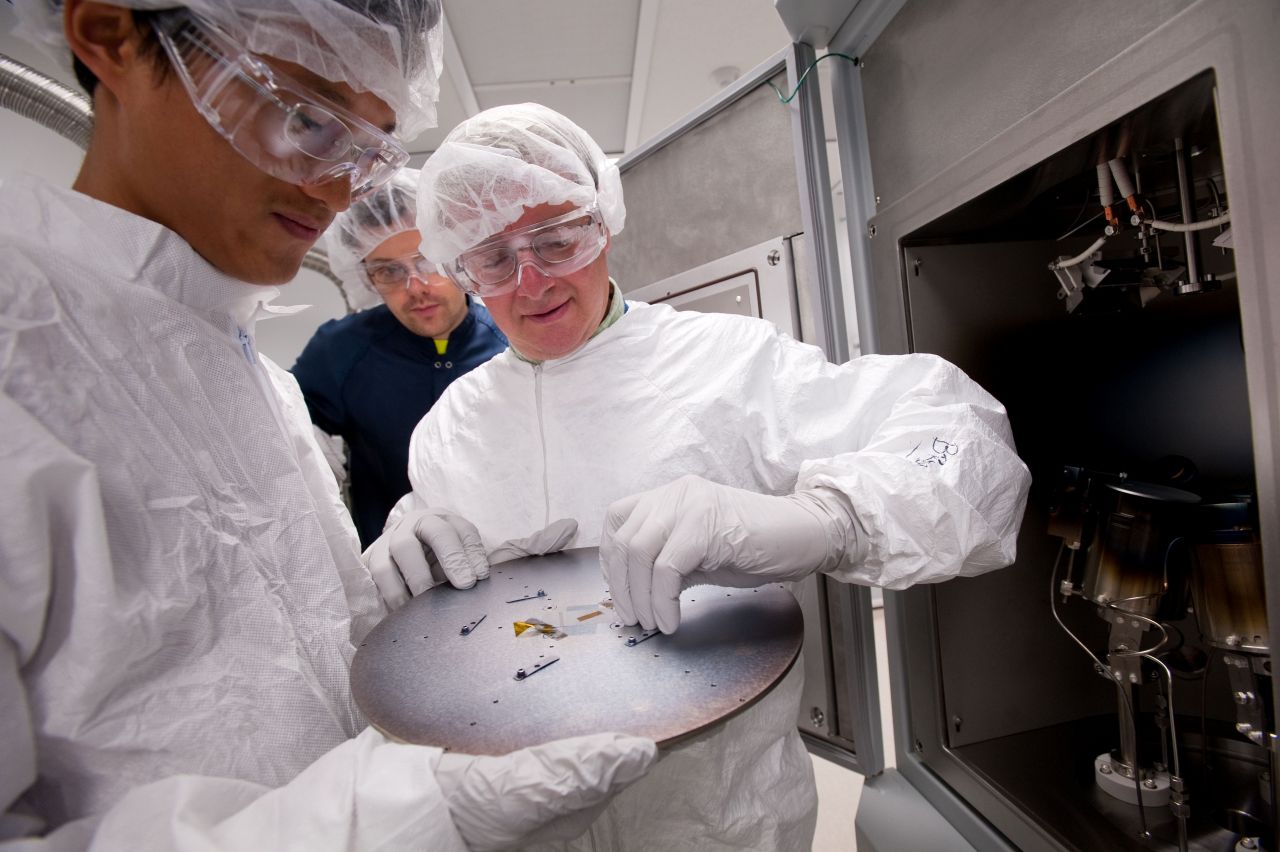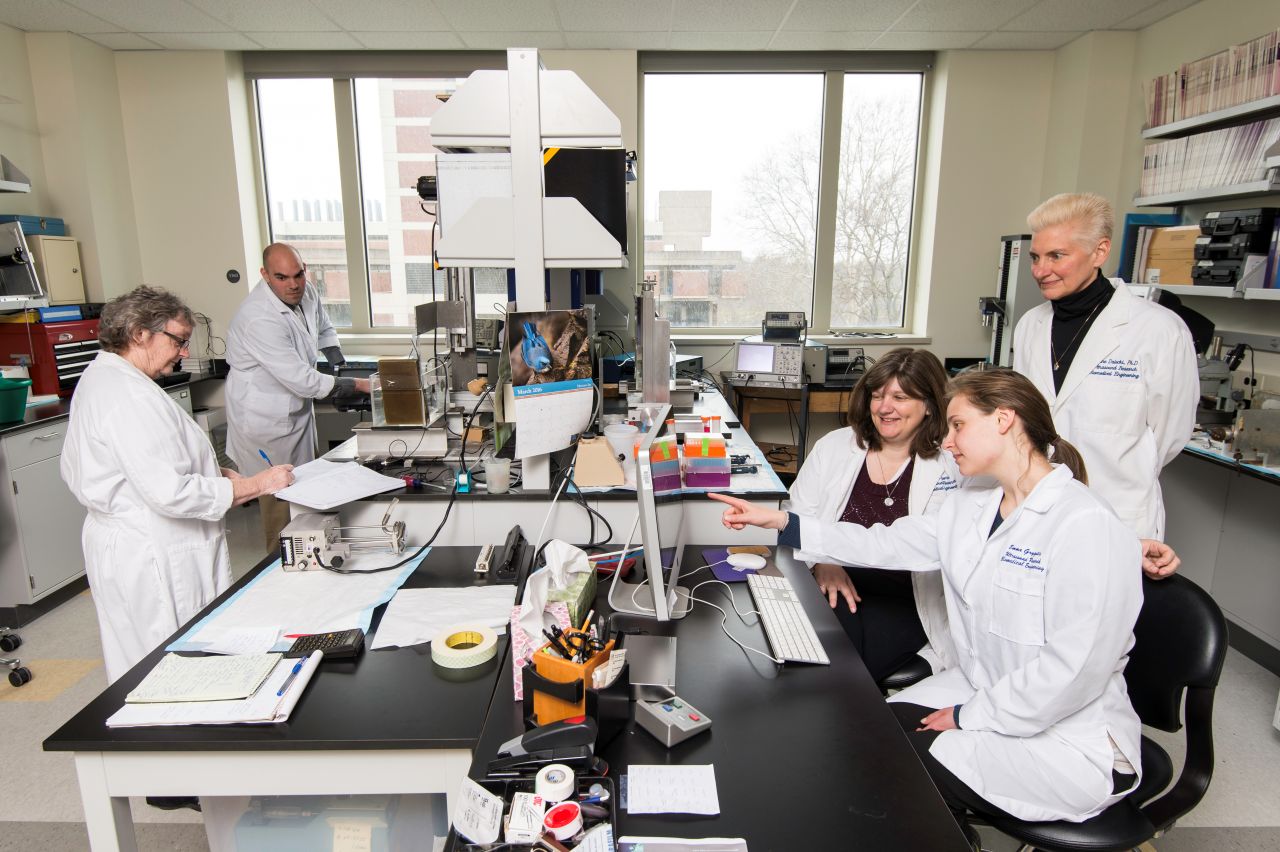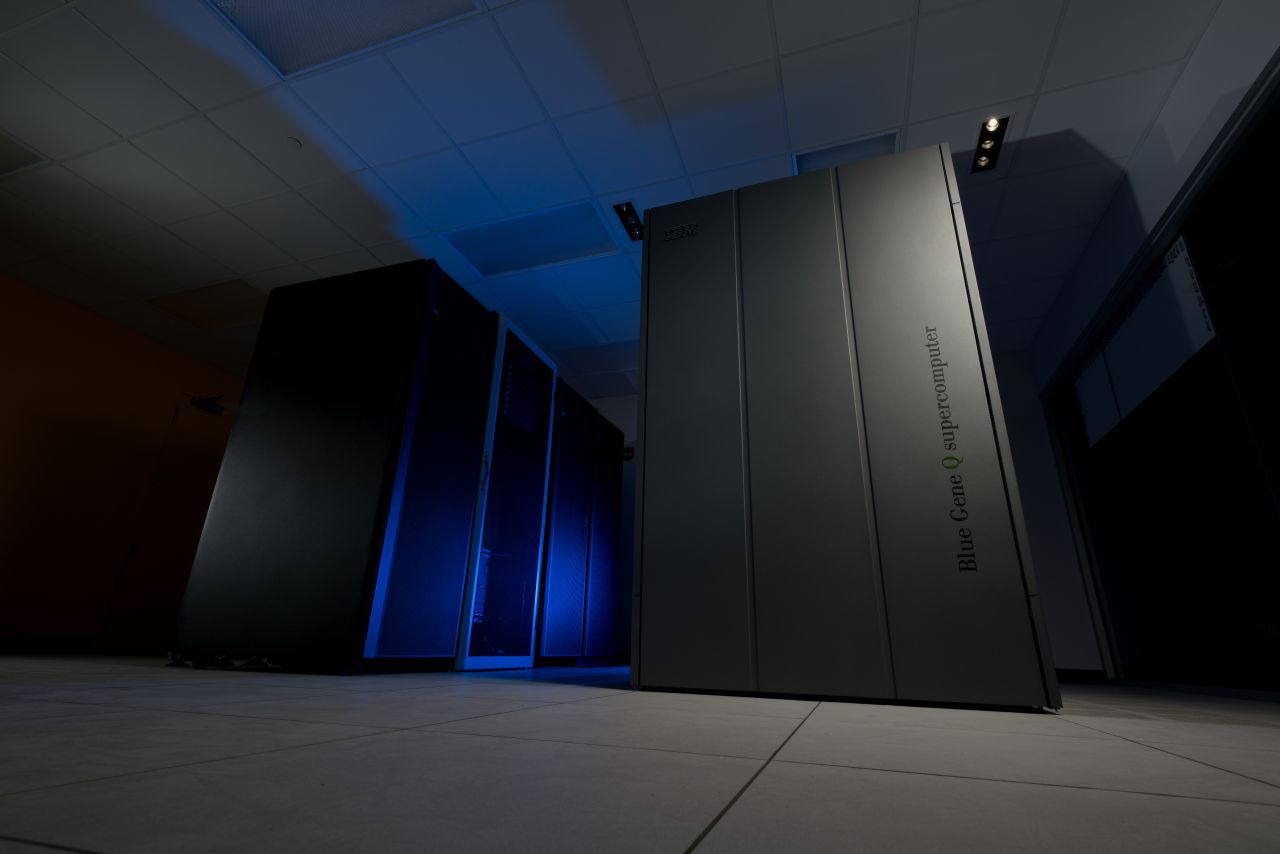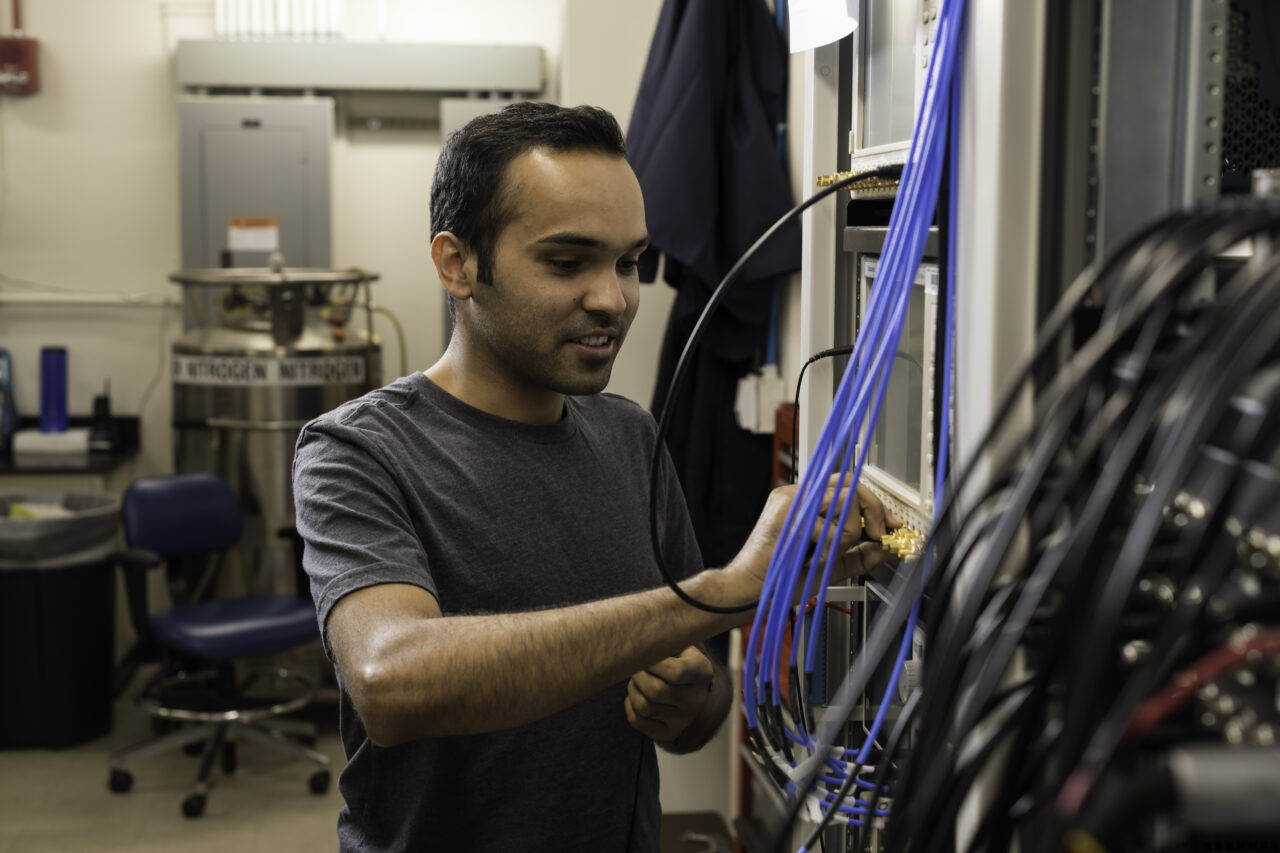Technology, innovation, and entrepreneurship
- If your research has led to an invention, disclose, protect, develop, and commercialize your invention through Invention Disclosure
- Work with URVentures to develop industry partnerships in order to advance the translation of your research into the marketplace







